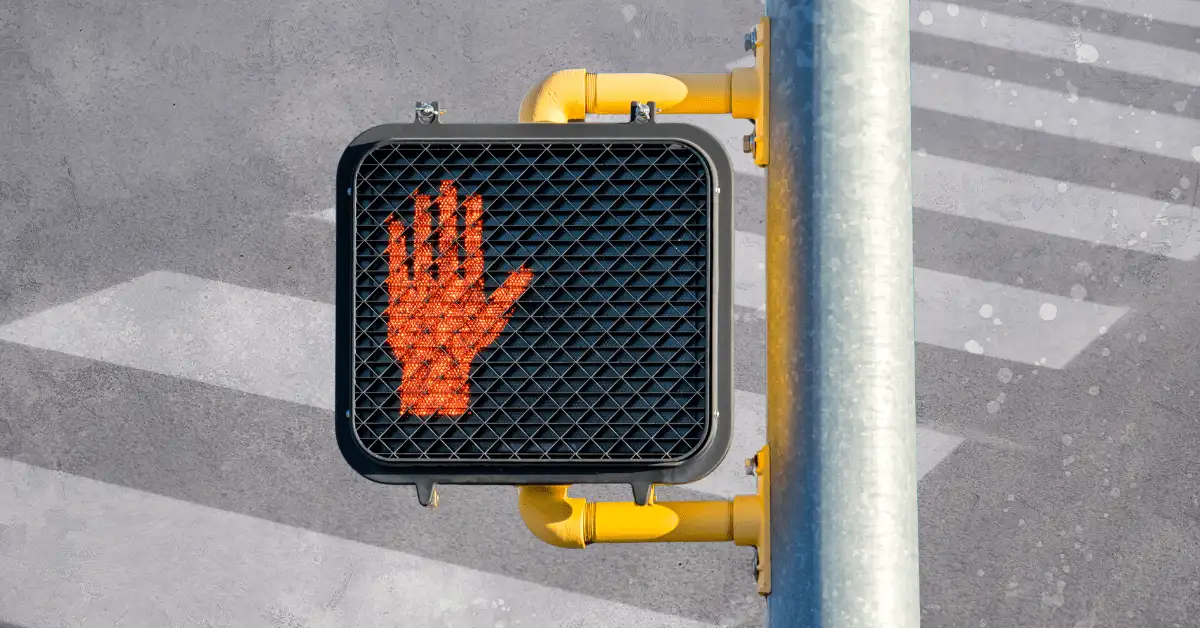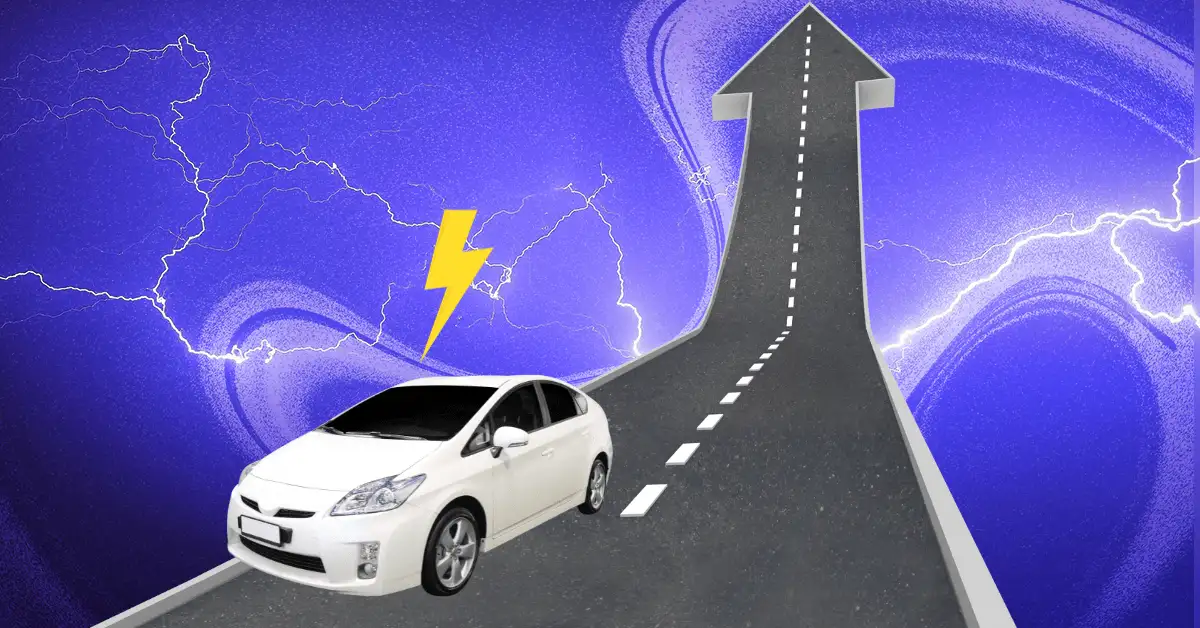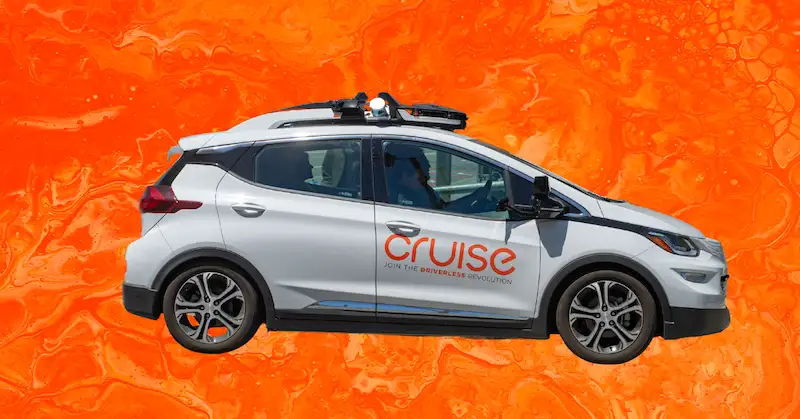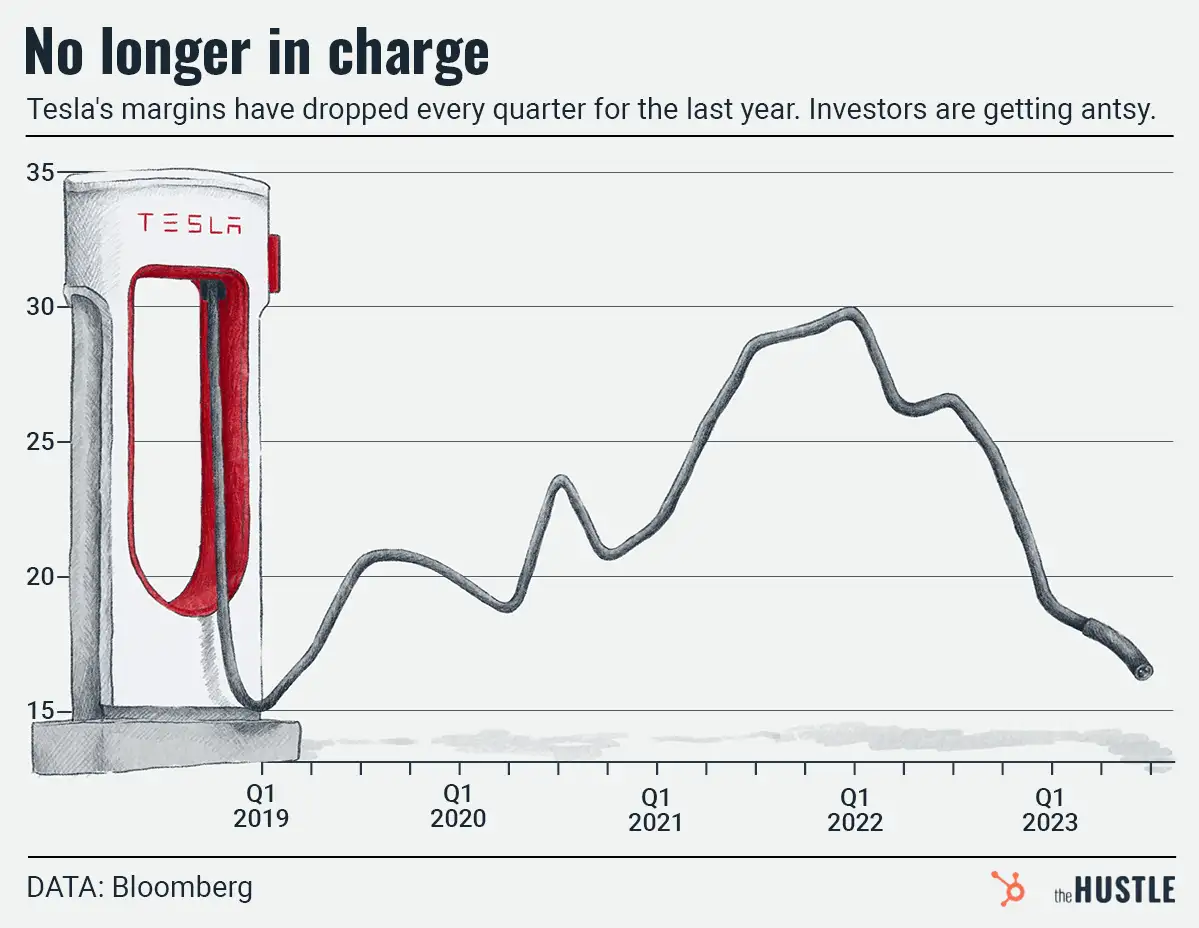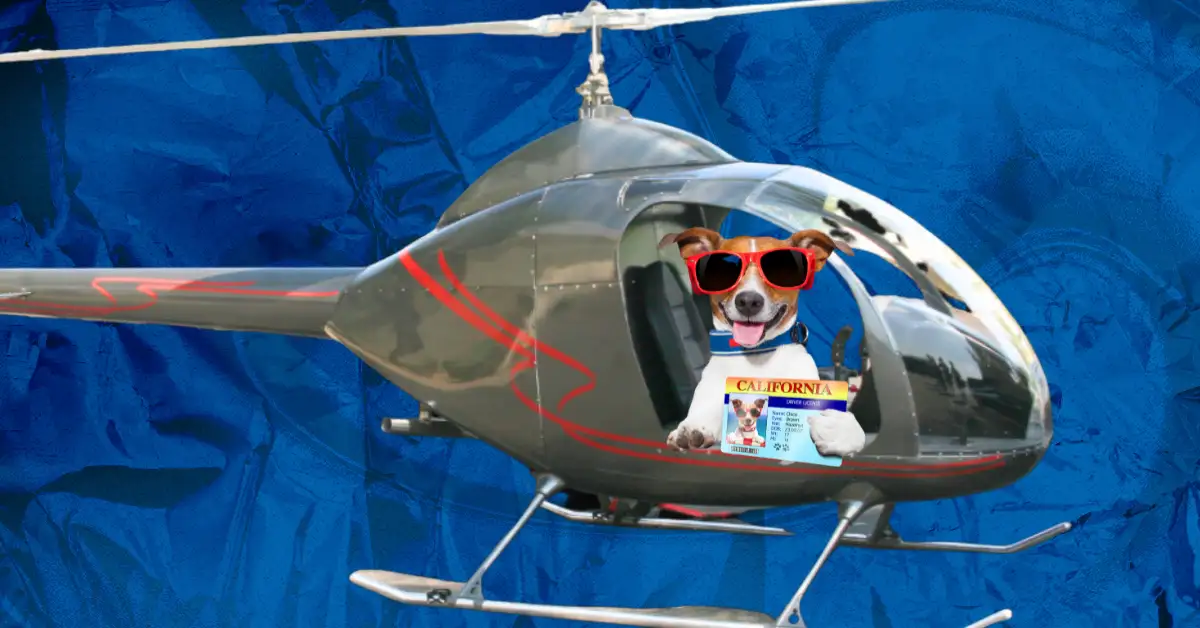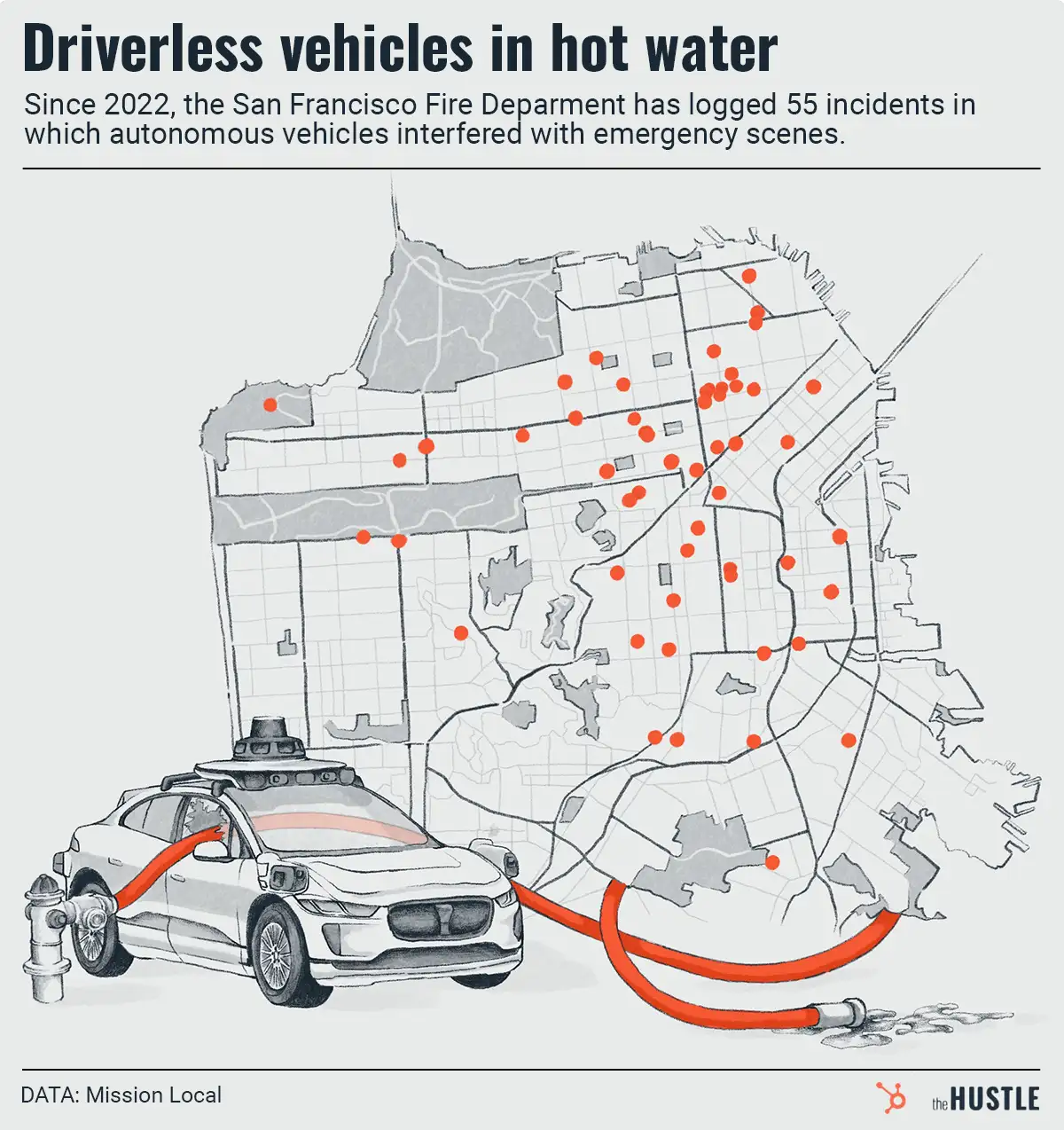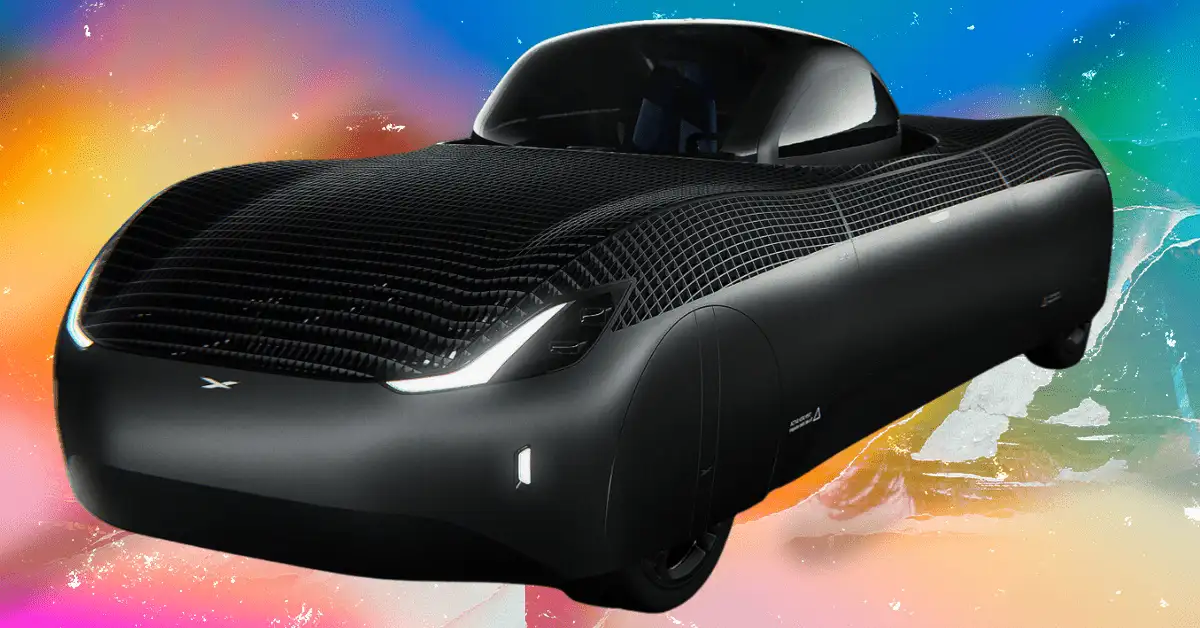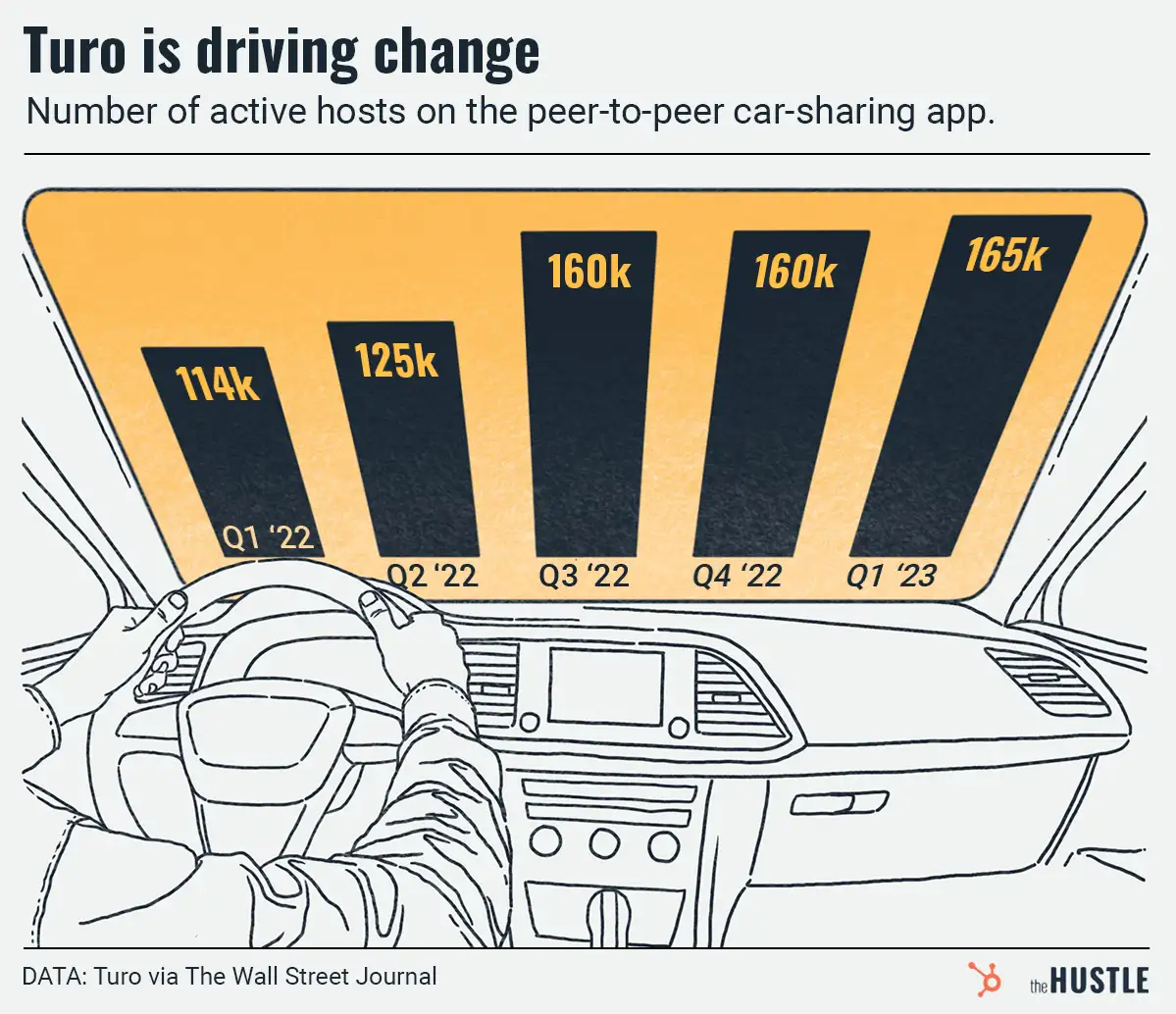Uber and Lyft have made our lives easier in many ways, but public officials have a bone to pick.

From piles of e-scooters to heavy congestion, cities have struggled to adjust to ride-sharing’s impact on physical spaces.
Lacuna, a startup that uses digital twin technology to help cities manage and monetize transit networks, just raised $16m to help cities align policy with modern transportation, per VentureBeat.
WTF is a digital twin?
Pretty much exactly what it sounds like: a virtual replication of a real-world entity.
The tech has been used for everything from art (think NFTs) to manufacturing plants, but cities may be the ultimate use case. Among the companies in the space:
- Esri offers geographic information systems (GIS) mapping software that uses digital twins to simplify city planning
- Optibus offers AI-powered public transit software that uses digital twins to optimize routes and scheduling
Lacuna’s software goes beyond planning and route optimization to help cities use data to implement policies.
Lacuna is already making a big difference in Los Angeles…
… which isn’t exactly known for its open roads.
Since implementing the software, the city has crafted 110 digital policies to ensure ride-sharing platforms are aligned with public interests. As a result, one neighborhood saw complaints drop by 73%.
Lacuna’s software is open source, which means cities can learn from each other — so it’s only a matter of time before digital twins come to a city near you.


